Ottawa confirms it will nix COVID-19 test for Canadians taking short trips, starting Nov. 30
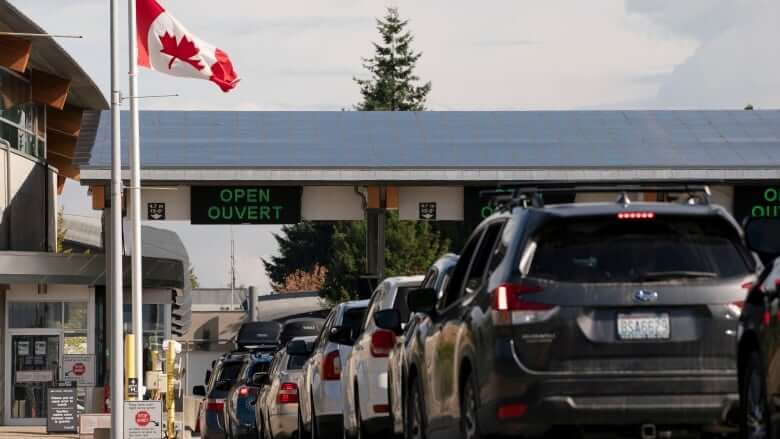
Starting on Nov. 30, fully vaccinated Canadians taking short trips abroad will no longer need proof of a negative COVID-19 test to return home, Ottawa confirmed on Friday.
The federal government said the test exemption will apply to fully vaccinated Canadians and permanent residents who depart and re-enter Canada within 72 hours. The rule will also apply to unvaccinated people with a right of entry if they are under the age of 12 and accompanied by their fully vaccinated parents or have certain medical conditions preventing them from being vaccinated.
For now, Canadians returning from longer trips and all foreign travellers entering Canada will still have to show proof of a negative molecular test taken within 72 hours of their departing flight or planned arrival at the land border.
The government also announced it will expand its list of accepted vaccines for travellers. Currently, the government only recognizes Health Canada approved vaccines Pfizer, Moderna, AstraZeneca and Johnson & Johnson. But starting on Nov. 30, Canada will recognize as fully vaccinated those who were inoculated with World Health Organization approved vaccines Sinopharm, Sinovac and COVAXIN.
The government also said that starting on Jan. 15, certain groups of travellers who are currently exempt from certain entry requirements will only be allowed to enter Canada if they are fully vaccinated.
Those groups include individuals reuniting with family, international students, professional athletes, temporary foreign workers and essential service workers including truck drivers.
“The upcoming changes to Canada’s border testing and entry requirements reflect the next stage in our government’s approach as we align with the improving vaccination rates both here in Canada and around the world,” said Health Minister Jean-Yves Duclos in a statement.
The government’s announcement that it will drop the test requirement for Canadians taking short trips follows weeks of lobbying from politicians, the tourism industry, seniors and business groups for Ottawa to drop the requirement for all vaccinated travellers.
Test cost made short trips impractical
Molecular tests — such as the popular PCR test — can range from $150 to $300, making travelling abroad cost prohibitive for some people.
“In many cases, the cost of PCR testing can be higher than the cost of the travel itself,” said Jana Ray with CanAge, a seniors’ advocacy group.
Sometimes travellers can get free tests in the U.S., but they aren’t available in all parts of the country, and might not provide results within a traveller’s time frame.
Requiring travellers to take the test for short jaunts across the border has sparked the most criticism, because the potential cost of the test makes the trip impractical for many.
“Who’s going to pay anywhere from $150 to $300 for a quick trip to go buy groceries or gas or going to eat or even visit friends?” said Faye Chamberlain of Stanstead, Que., which borders Vermont.
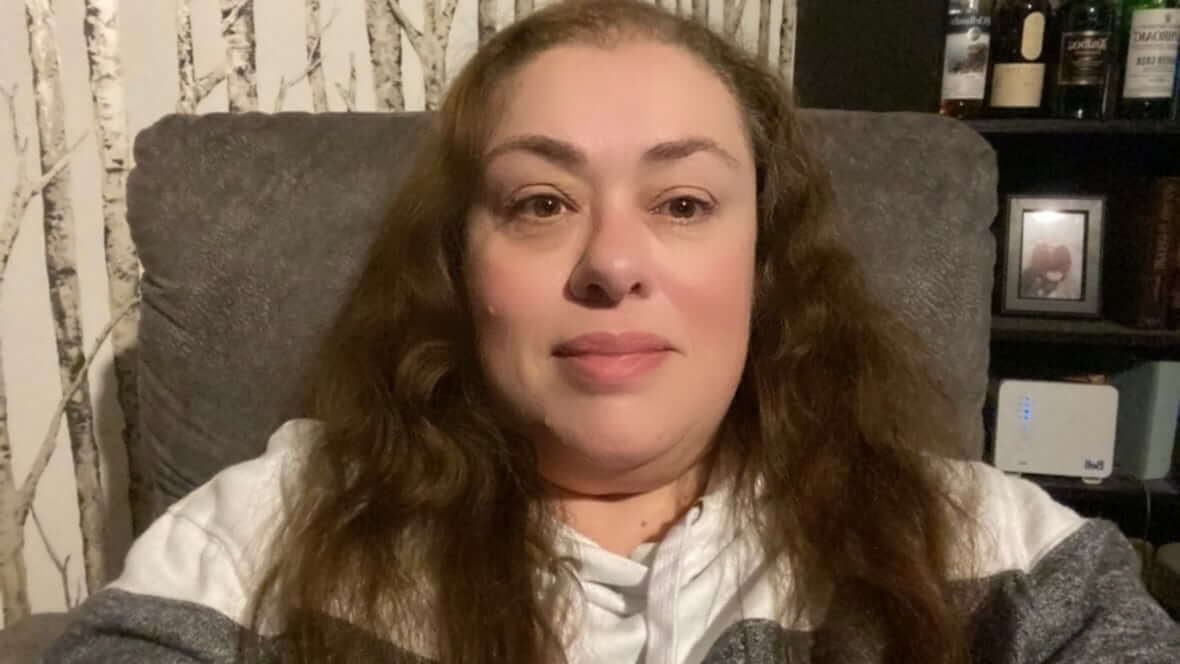
In pre-pandemic times, Chamberlain crossed into the U.S. several times a week. Now that she no longer has to worry about shelling out for a test, Chamberlain is ready to resume her cross-border trips.
“It’s fantastic,” she said. “I haven’t been anywhere because [of the test].”
Border towns embrace decision
The text exemption is also being embraced by U.S. border towns, such as Point Roberts, Wash., which borders B.C. and has seen its economy tank thanks to the disappearance of B.C. tourists during the pandemic.
Ali Hayton, owner of Point Robert’s only grocery store, said that even though the U.S. land border has now reopened to fully vaccinated Canadians, many tourists haven’t returned — thanks to the cost of the test.
“A family of four, you’re looking at six hundred bucks to come down for the day,” she said.
But Hayton said the new test exemption should help spur economic activity in the town.
“It’ll definitely change things, once those people can drive across and pick up a package or fill their gas tank or just come down and have lunch at the café.”
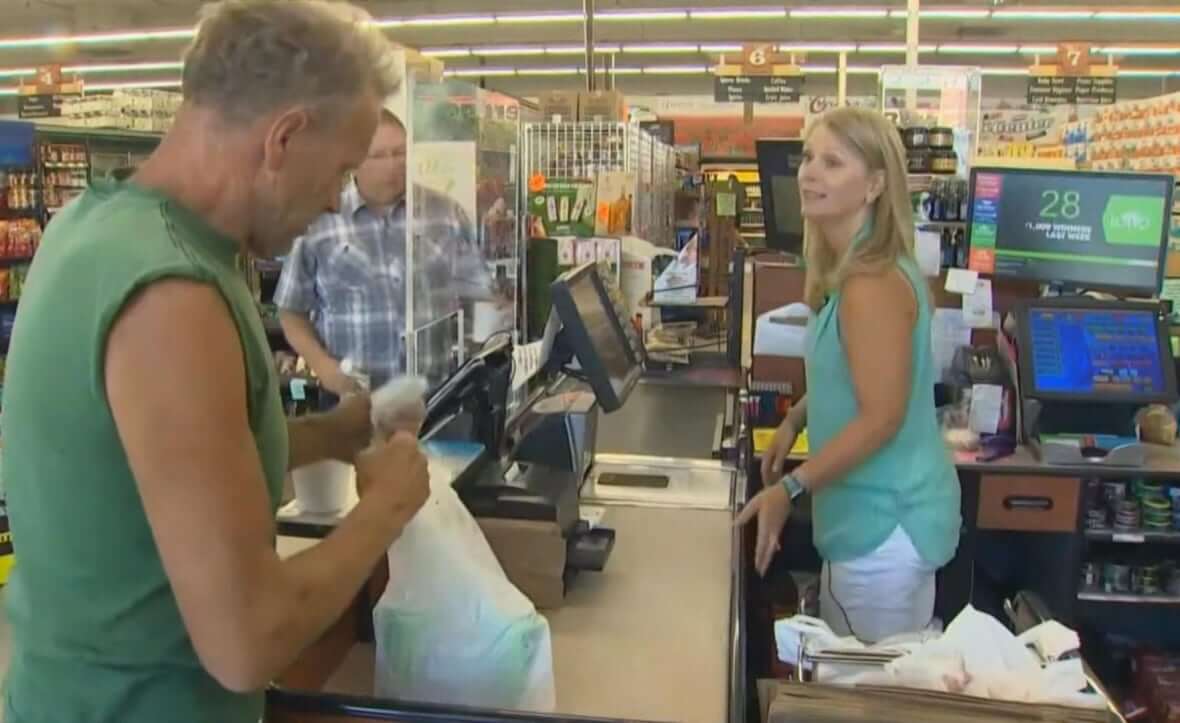
Tests still required for longer trips
But not everyone is fully celebrating just yet. That’s because, for now, Canadians taking longer trips and foreigners entering Canada still have to take the molecular test.
At a news conference on Friday, a coalition of business and tourism representatives said the test needs to be eliminated now for all vaccinated travellers.
“This is highly punitive to ordinary Canadian families and affects Canadian businesses. It discourages business travel,” said Perrin Beatty, CEO of the Canadian Chamber of Commerce.
“We need to … get rid of this test altogether.”
When fully vaccinated Canadians cross into the U.S. by land, they face no test requirement.
Air passengers to the U.S. must show proof of a negative COVID-19 antigen test.





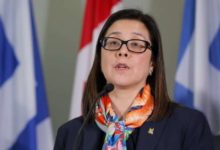
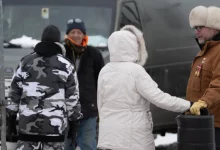
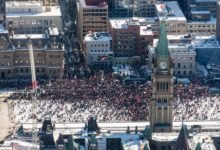
Redes Sociais - Comentários